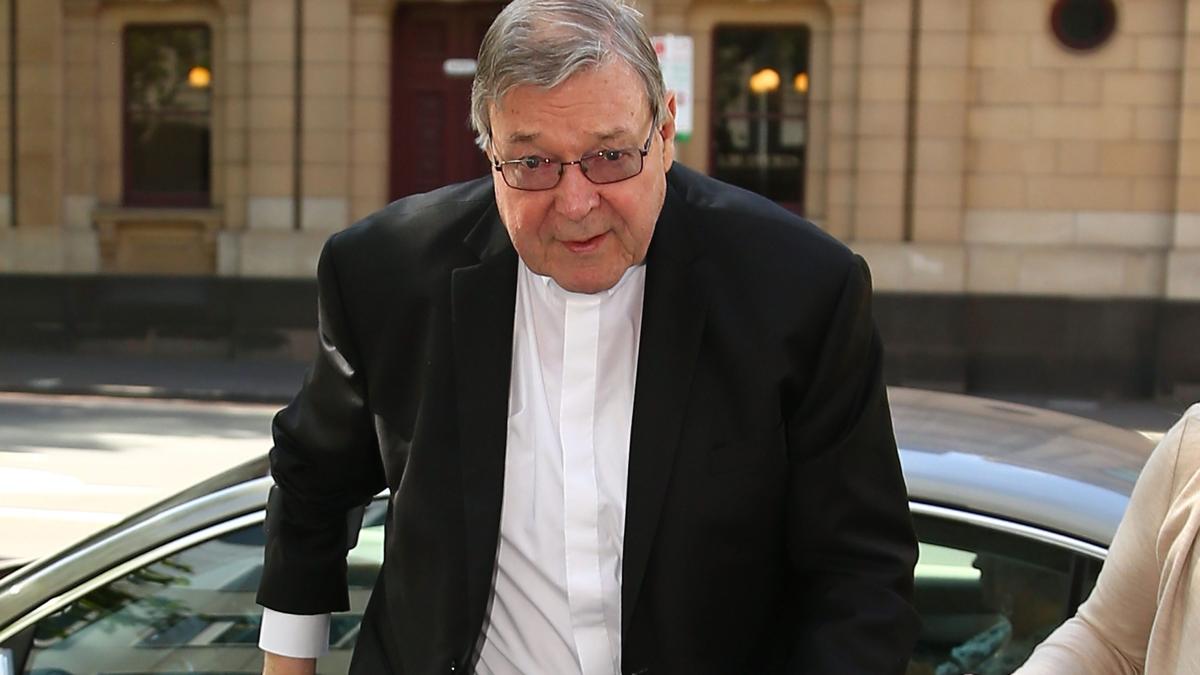
The conviction of Cardinal George Pell on five counts of child sexual abuse is now being openly reported by Australian media. Pell was convicted in Melbourne back on December 11 last year – so why are you only hearing about it now?
The simple answer is this: the court issued a media suppression order, which meant that outlets in Australia could not legally report on the verdict.
The reason for this strict order is that Pell was actually due to face two trials. The first – the verdict of which you’re all hearing about now – was dubbed ‘the cathedral trial’, and concerned allegations that Pell sexually abused two choirboys while he was Archbishop of Melbourne in the 1990s. The second trial, the ‘swimmers trial’, was set to cover allegations Pell abused two boys in Ballarat in the 1970s.
The thinking is that because these are two separate trials, it would have been impossible for the second trial to be conducted fairly if the jurors were aware of a conviction in the first trial. The jury would likely come in with an assumption that Pell was guilty. This could have resulted in the second trial being thrown out.
Here’s what Judge Peter Kidd said specifically:
Both trials involve allegations of sexual abuse by the accused man against boys, accessed by him or known to him in his capacity as an authority and religious figure within the Catholic Church.
This is clearly not a case where the allegations in one trial are so separate and discrete in nature or circumstances as to be unlikely to improperly influence a jury in the other trial.
Of course, in the era of social media and the internet it has become increasingly difficult to keep a lid on trials like Pell’s. Anyone – non-journos included – who posted about the verdict over the past two months was breaking the law. In the eyes of the system, the simple fact that it’s nearly impossible to control this stuff now doesn’t prevent them from trying, and from prosecuting people who break suppression orders.
Today it was announced that the second trial will no longer proceed, so prejudicing it will not be an issue. As such, a judge lifted the suppression order.
Many such suppression orders are issued in jurisdictions across Australia. It’s just rare that it would be on such a high-profile case of huge international interest. You may have seen that the result was reported on many US websites like The New York Times, The Daily Beast and The Washington Post. Many of these sites attempted to geoblock Australian viewers from reading the articles in order to comply with local laws.
This doesn’t mean the story is over. A number of publications in Australia, including the News Corp tabloids, got at the issue by reporting around the edges, and criticising the suppression order. The Guardian reports today that prosecutors have sent letters to up to 50 editors and reporters considered in breach of the suppression order on the Pell trial. Technically, they could face jail terms – it leaves to be seen whether prosecutors will actually follow through on pushing for that.
But there you have it: that’s why the Australian media didn’t report on one of the biggest stories in the world.



